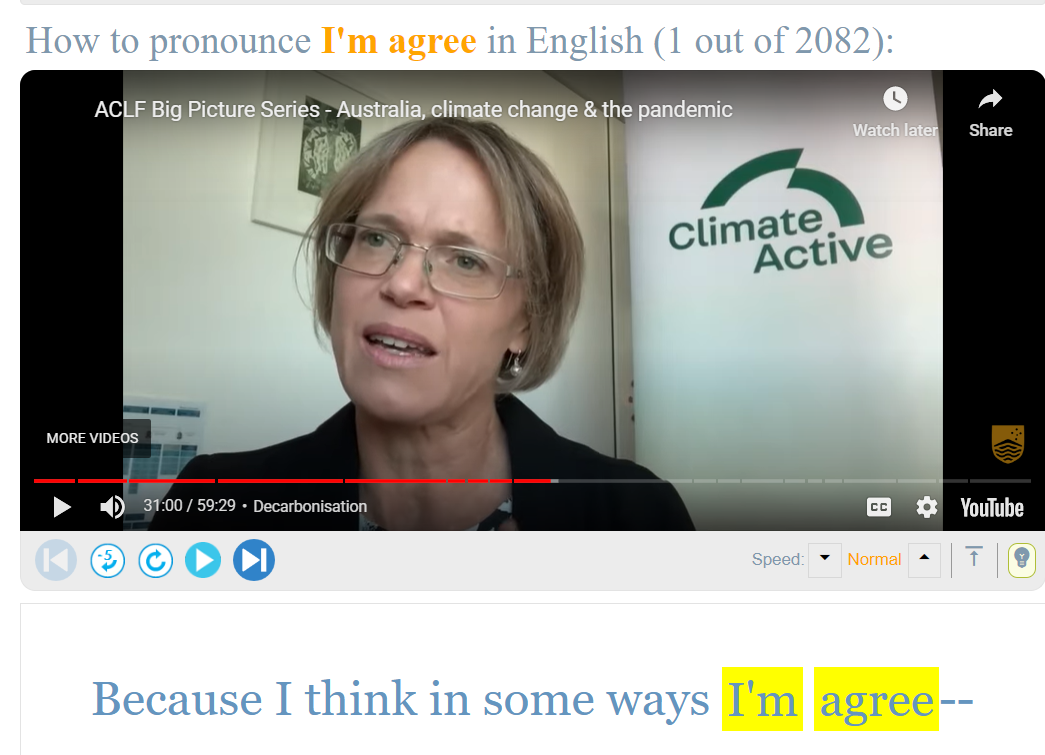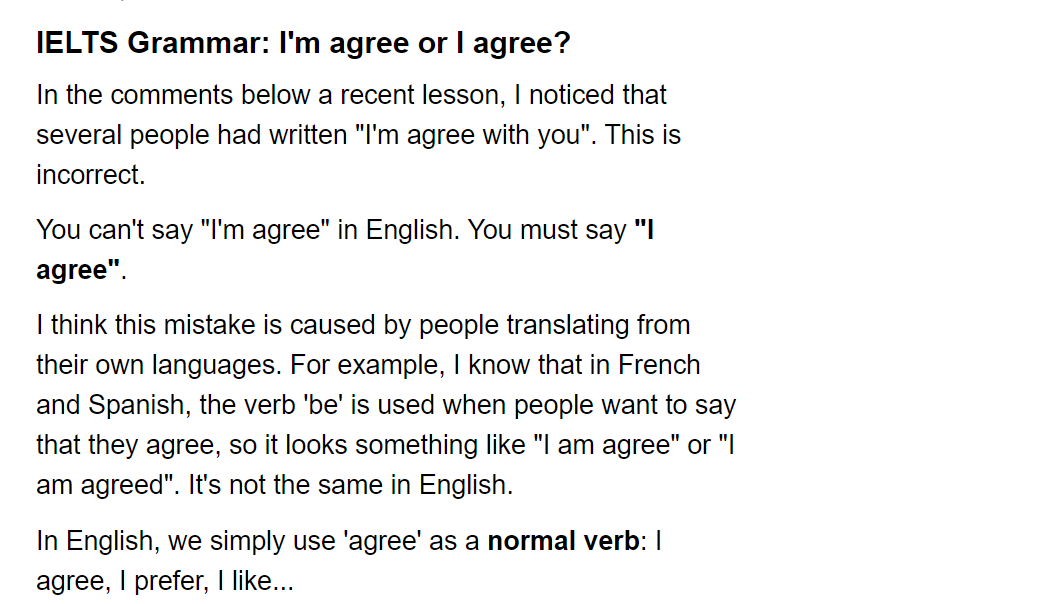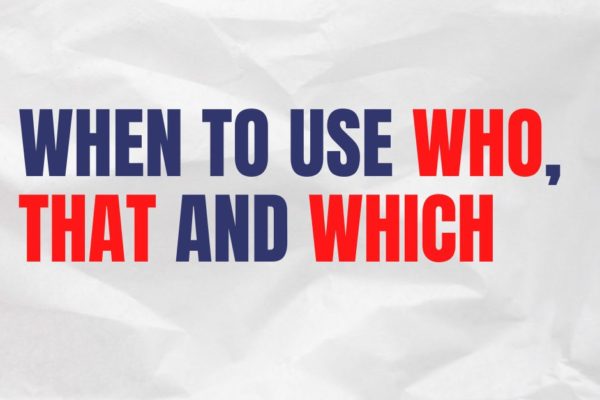Using “I’m agree” instead of “I agree” is a common mistake among my Elementary and Intermediate students. I decided to write this post to clarify the usage of the verb ‘agree’.
1. “I agree”
I agree is the correct usage of the verb ‘agree’ in Present Simple Tense.
Agree is a verb that means to have the same opinion as someone. It’s not an adjective so you don’t need the support of the verb ‘BE’.
Look at these two examples:
I agree with him. (Person + Verb)
I’m afraid of him. (Person + BE + adjective)
‘Afraid’ is an adjective that means ‘feeling fear’. In order to use it in a sentence we need the support of the verb BE.
2. “I’m agreeing”
The verb ‘BE’ is also needed in Present Continuous (Progressive) Tense.
In this case, we usually use the formula: Person +BE+ Verb-ING / I am working. She is working. They are working.
If we used ‘agree’ in the Present Continuous it would look like “I am agreeing”. But ‘agree’ is a stative verb that cannot be used in a continuous form.
So, the only option to use is ‘I agree’ form.
You can find some examples of English speakers using the Progressive form of ‘agree’ but the number of such usages is much less than the “I agree” form.
“I’m agreeing” – 98

“I’m agree” – 2082
In fact, the lady in this video starts with “I’m agree” but then she corrects herself and says “I agree”. So, it’s just a slip of the tongue.

“I agree” – 40853

3. Why “I’m agree” and “I agree” are often mixed up
I personally think that it happens because when we learn languages we pick up some things unconsciously without understanding and then some of them mix in our heads and come out in the wrong way.
For instance, in this case, we may remember the expression “I’m afraid of” and at some point, it seems that “I’m agree” sounds the same to us.
Some English teachers on the internet also shared that their students often say “I’m agree” because this is how it’s said in Spanish and French. For instance, this is what IELTS teacher Simon Corcoran wrote on his website.

I hope it helps. If you are an Intermediate or Elementary English student and you want to avoid common mistakes when you speak English, check out this post.
I also wrote a post about Top-3 websites that could help you with your grammar.
Need some extra help with your English speaking skills? Sign up for 1:1 classes here.
Additional Resources:
How to use ‘afraid of’
Agree in Cambridge Dictionary
What are stative verbs






